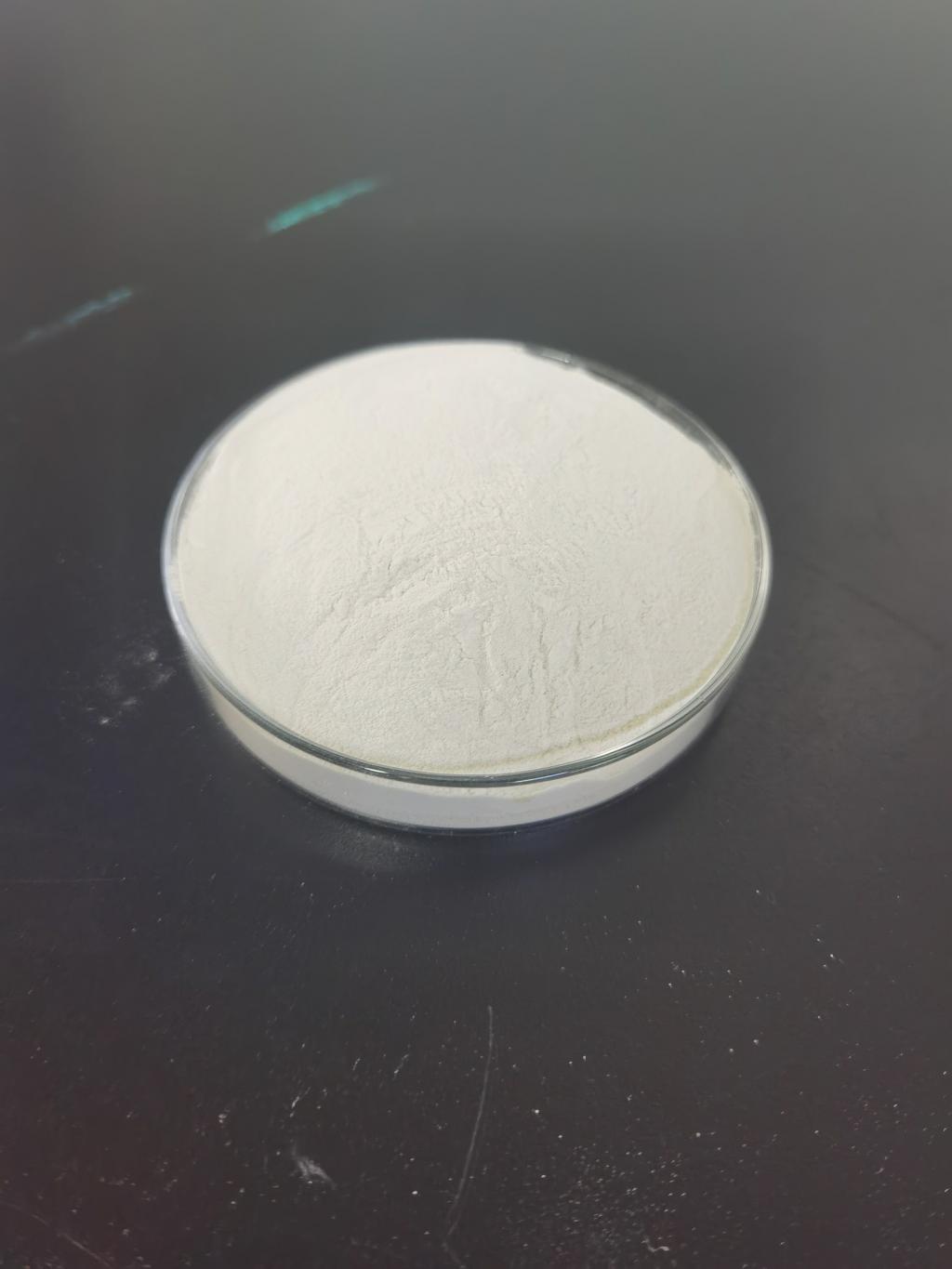Tel:+8618231198596

News
 CONTACT
CONTACT
 CONTACT
CONTACT
- Linkman:Linda Yao
- Tel: +8618231198596
- Email:linda.yao@dcpharma.cn
- Linkman:CHARLES.WANG
- Department:Overseas
- Tel: 0086 0311-85537378 0086 0311-85539701
News
Nisin's Synergy with Probiotics for Enhanced Health Benefits.
TIME:2023-09-14
Nisin: A Natural Antimicrobial Peptide
Nisin is a naturally occurring antimicrobial peptide that was discovered over a century ago. It is produced by select strains of lactic acid bacteria, with Lactococcus lactis being one of the most prominent producers. Nisin is well-known for its ability to inhibit the growth of various pathogenic bacteria, including species of Clostridium, Staphylococcus, and Listeria. This antimicrobial peptide has been used as a food preservative for decades due to its effectiveness in preventing spoilage and foodborne illnesses.
Probiotics: Beneficial Microorganisms for Gut Health
Probiotics are live microorganisms that, when consumed in sufficient quantities, confer health benefits on the host. The most commonly used probiotics belong to the genera Lactobacillus and Bifidobacterium. These beneficial bacteria colonize the gut and play a crucial role in maintaining a balanced microbial community, known as the gut microbiota. A healthy gut microbiota is associated with various health benefits, including improved digestion, enhanced immune function, and reduced inflammation.
Nisin's Interaction with Probiotics
The interaction between nisin and probiotics has sparked interest in recent years, as researchers investigate the potential synergy between these two components. Initially, it might seem counterintuitive to combine an antimicrobial peptide like nisin with live probiotic bacteria. However, studies have shown that when used in appropriate concentrations, nisin can have a positive impact on probiotic survival and functionality.
Protection against Pathogens
One of the key benefits of nisin for probiotics is its ability to protect them from harmful pathogens in the gut. Nisin's antimicrobial properties make it effective in preventing the overgrowth of pathogenic bacteria that can compete with and harm probiotic strains. This protective effect can be particularly valuable in situations where the gut microbiota is imbalanced, such as during antibiotic treatment or when exposed to contaminated food and water.
Enhanced Shelf Life
Nisin's preservative properties extend beyond its use in food preservation. When incorporated into probiotic supplements or fermented dairy products, nisin can help extend the shelf life of these products. This not only ensures the viability of the probiotic strains but also reduces the need for artificial preservatives that may have undesirable effects on health.
Improved Probiotic Viability
The harsh conditions of the digestive tract, including the acidic environment of the stomach, can significantly reduce the viability of probiotic bacteria. Nisin has been investigated for its potential to enhance the survival of probiotics during their journey through the gastrointestinal tract. Some studies suggest that nisin can protect probiotics from the acidic conditions of the stomach, allowing more live bacteria to reach the intestines, where they can exert their beneficial effects.
Synergistic Health Benefits
The synergy between nisin and probiotics holds promise for enhancing health benefits. While research in this area is ongoing, several potential advantages have been identified.
Gut Health
By protecting probiotics from pathogens and improving their viability, nisin may contribute to a healthier gut microbiota. A balanced and diverse gut microbiota is associated with improved digestion, reduced gastrointestinal discomfort, and a lower risk of gastrointestinal disorders such as irritable bowel syndrome (IBS).
Immune Support
Both probiotics and nisin have been linked to immune system support. Probiotic bacteria can modulate immune responses, while nisin's antimicrobial properties can reduce the burden of harmful pathogens in the gut. Together, they may work synergistically to enhance overall immune function.
Reduced Antibiotic-Associated Issues
Antibiotic use can disrupt the gut microbiota, leading to issues like antibiotic-associated diarrhea. Nisin's protective effect on probiotics may help mitigate these problems by preserving the balance of beneficial bacteria in the gut during antibiotic treatment.
Potential for Disease Prevention
Emerging research suggests that a healthy gut microbiota may play a role in preventing various diseases, including obesity, diabetes, and even mental health disorders. Nisin's ability to support probiotic survival and gut health may contribute to disease prevention and overall well-being.
Practical Applications
The synergy between nisin and probiotics has practical applications in both the food industry and healthcare.
Functional Foods
Food manufacturers can incorporate nisin into probiotic-rich foods and beverages to enhance their shelf life and probiotic viability. This can lead to the development of functional foods that offer improved gut health benefits.
Probiotic Supplements
Nisin can also be used in probiotic supplements to ensure the viability of beneficial bacteria throughout their shelf life and transit through the digestive system. This is particularly important for probiotic products that require long-term storage.
Therapeutic Use
In healthcare settings, nisin-probiotic combinations may find applications in the treatment or prevention of specific conditions. For instance, they could be used to support patients on antibiotic regimens or individuals with compromised gut health.
Conclusion
The synergy between nisin, a natural antimicrobial peptide, and probiotics, beneficial microorganisms, opens up exciting possibilities for enhanced health benefits. Research in this area is still evolving, but the initial findings are promising. By protecting probiotics, extending their shelf life, and potentially improving their survival in the gastrointestinal tract, nisin may contribute to improved gut health, enhanced immunity, and disease prevention. As our understanding of this synergy deepens, we can expect to see the development of innovative products and therapies that harness the combined power of nisin and probiotics to promote overall well-being.
- Tel:+8618231198596
- Whatsapp:18231198596
- Chat With Skype







